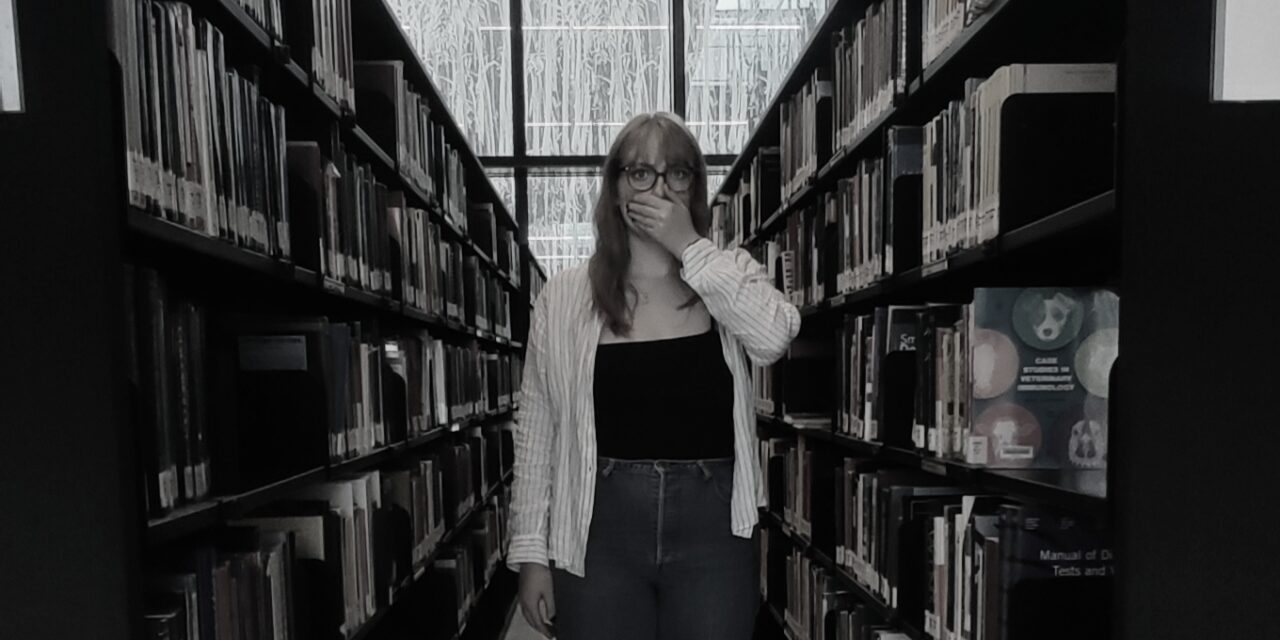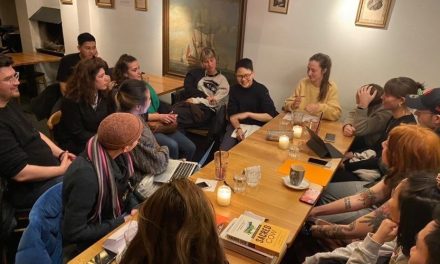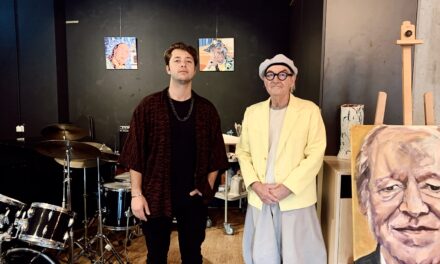Every year, nine languages across the globe go extinct. By 2080, this number is expected to rise to sixteen. It is hard to justify the need for smaller languages in today’s international society, where everyone speaking the same language would make life so much simpler. However, languages, no matter how big or small, are still deeply important to the people who speak them.
This article examines two endangered languages – Frisian and Cornish, to prove the vastness of the definition of ‘endangered languages’, and how these languages, though in massively different states of danger, are still relevant in today’s world.
Frisian is spoken in Friesland, a province of the Netherlands, as well as in small pockets of west Germany. Onno Falkena is not only an expert on minority languages, he is also Frisian.
“Most people in the Netherlands know there are Frisians,” Falkena continues. Around 400,00 people in the Netherlands speak the language, making up about 2% of the country’s population.
“Everyone who can speak Frisian is at least bilingual,” he says. He goes on to explain that most Frisians can speak Frisian, Dutch, and English. “The whole of Friesland is a mix,” he says.
To Frisians, their language and culture go hand in hand. “Being Frisian and having a Frisian identity is a personal choice,” says Falkena. A person earns the right to call themselves Frisian once they make an effort to learn the language, Falkena explains.
“If you want to be a real Frisian you should at least try to learn the language”
Onno Falkena
Frisian is considered vulnerable, the lowest priority status an endangered language can be given. While it may be an endangered language, there seems to be little fear of Frisian dying out any time soon.

On the complete flipside, there is Cornish. Cornish was, until 2010, still considered extinct, despite revival efforts tracing all the way back to the 1900’s. It originated in Cornwall, a county located on the south-west of the English coast.
Like Frisian, there are no monolingual Cornish speakers. Unlike Frisian, there are also no native Cornish speakers. Every modern Cornish speaker today speaks Cornish as a second language.
It is hard to know how many people speak Cornish. Articles range from claiming there are ~600 – 2,000 speakers. There are two Wikipedia pages for the language, one stating there were 557 speakers as of 2011, one citing a 2010 survey claiming the language had 2,000 speakers.
No matter the amount of those who can speak the language, it is clear that the language has been, to some extent, revived.
Matthew Clarke, otherwise known as Matthi ab Dewi, is one of the few Cornish speakers in the world. He says the name ‘Matthi’ was a “nickname [he’s] always been called in Cornish speaking circles”, and he took on the suffix ‘ab Dewi,’ meaning ‘son of David,’ after his father died.
Clarke runs a radio station and YouTube channel in the Cornish language. ‘Pellwolok an Gernewegva’, which translates to ‘television of the Cornish speaking area’, is supported through charity donations.‘Radyo an Gernewegva’ (radio of the Cornish speaking area), which is also run by Clarke, instead receives funding from the Cornish county council. The Cornish county council “stepped up” with funding Cornish language initiatives after the British government stopped providing support, according to Clarke.
When asked why the British government had ceased in providing funding, Clarke replied “you’d want to ask the British government that. These sorts of things just kind of happen, especially with Tory governments.”
Although Pellwolok an Gernewegva has television in the name, all the productions can only be found on the connected YouTube channel ‘An Mis’. Clarke “[doesn’t] see a TV channel as practical,” given the very small target audience.
According to a 2013 report by the European Parliament, there are 128 endangered languages within the European Union. With these languages come unique identities, cultures, and histories, many of which are on the brink of being lost to time forever. Though these languages differ hugely in relevance, cultural history, and usage in day-to-day life, they all hold importance to those who speak them.




